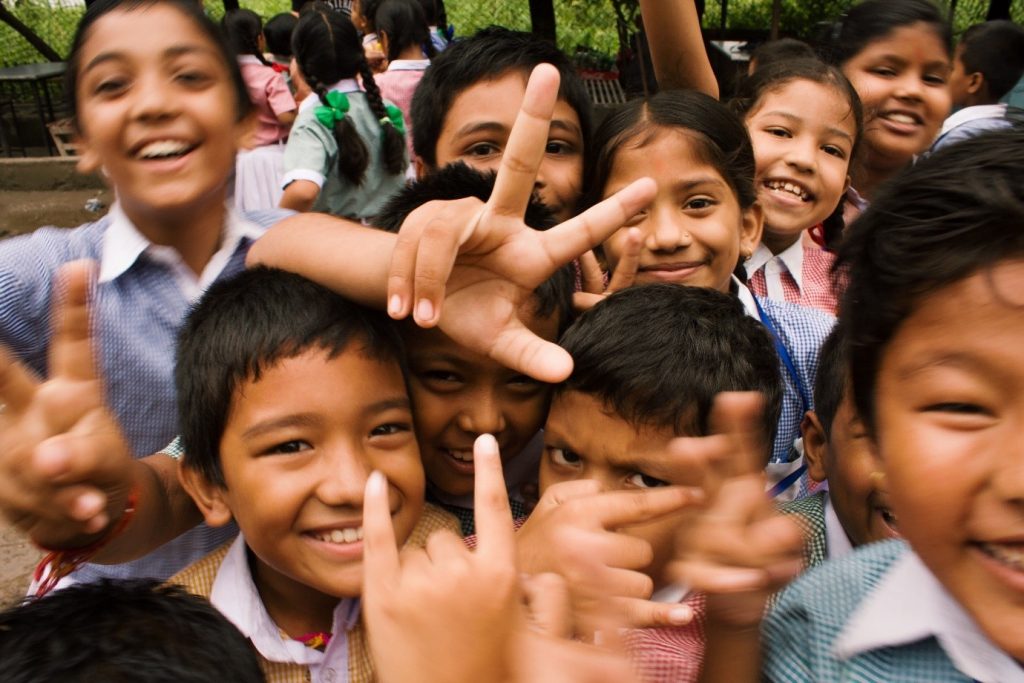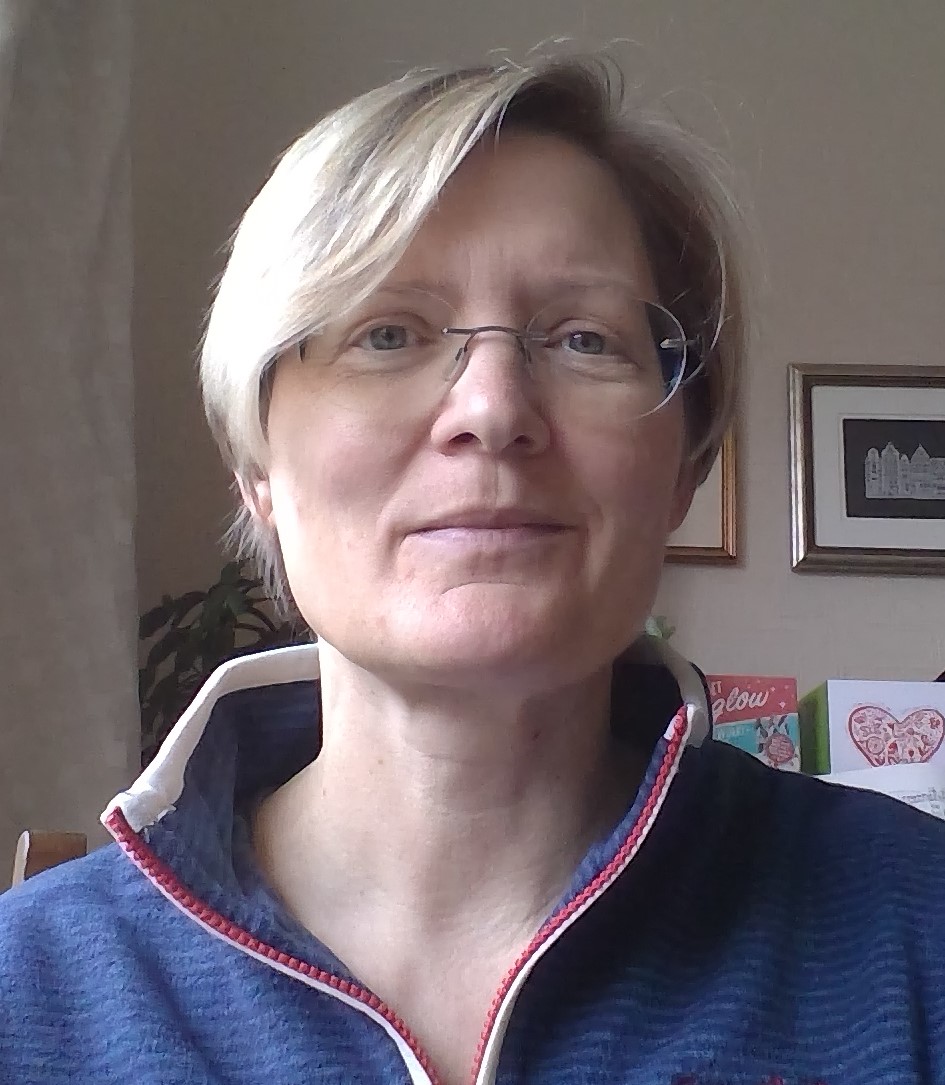Sarah Coles is a first-year PhD student and a Wilkie Calvert scholarship recipient. Her supervisors are Dr. Naomi Flynn and Professor Ludovica Serratrice. In this blog post, Sarah reflects on some of the methodological challenges she is facing as a first-year doctoral student.
My background
I am a first-year PhD student and I’m doing my PhD on a part-time basis whilst working full-time, so my experience may differ somewhat from full-time PhD students. Essentially, I hope to conduct a longitudinal study of UK-born bilingual children’s languages development starting just before the point at which they transition into full-time education aged five years old. I will be exploring how well developed the children’s first and English language skills are at that moment in time and tracking how both languages continue to develop as they go through Reception (4-5 years old) and into Key Stage 1 (5-7 years old). Although the field work will end when the children are in Year 1, I will be gathering their end of Key Stage data from schools at the end of Year 2.

I work for Hampshire Ethnic Minority and Traveller Achievement Service (EMTAS) which is part of Children’s Services at Hampshire County Council. Emerging from a Year 5 classroom (with children aged 9-10 years old) back in the 1990s, I started at EMTAS as a specialist teacher advisor and now, twenty years later, I am the deputy team leader at EMTAS. The PhD is, for me, an opportunity to blend study at the doctoral level with chalk-face aspects of English as an additional language (EAL) practice and pedagogy, and I am hoping that my research project will result in ideas for further developing and refining provision to match the needs of young, UK-born bilingual learners and their families.
Methodological challenges so far
The nature of my research plan immediately presents me with a number of challenges to be overcome. The first of these is how to identify children and families who will be willing to participate in my research, and how to communicate what it is that I am looking to achieve through my data collection phase. The latter is important as it will enable the participants to give their informed consent to take part or, in the case of the children themselves, their assent. The University’s training course on Ethics has been invaluable in shaping my thoughts and plans around this particular issue. I will also be able to use the knowledge and experience of my colleagues at Hampshire EMTAS to help ensure I address issues around gaining access and informed consent in the most appropriate ways possible.
Secondly, there are issues that I need to very carefully consider around gathering and interpreting my data, not least what I want to gather and what I hope to gain from the data. Even with access to experienced bilingual colleagues at EMTAS to support two-way communication and facilitate the first language assessment aspects of the field work, there will likely remain instances where we find ourselves talking at cross purposes or I interpret something said in a way that was unintended by the speaker. I am beginning to see, in a way that when doing my Masters I didn’t fully appreciate, how much of an impact my own culture, my education, my experience of work in this area and my language might have not only on what I see and hear but also on how I interpret it. This is important because it will have an effect on how I identify and let emerge any themes.
A third and related issue is to do with power relationships between myself as the researcher, my EMTAS colleagues who are supporting me with the field work and the participants, both parents and children. With my colleagues, my position as the Deputy Team Leader with 20 years’ experience in the field might have an influence on how they interact with me. What I really want to happen is for them to be open and frank with me about any difficulties they perceive with the research plan and not to acquiesce to me just because I am senior to them at work. However hard I work to off-set this, it is a factor I need to be aware of throughout as it may impact on the informed consent, the data gathering, the interpretation of first language, cultural and other elements of the data and the feedback to participants. I need to be mindful of the potential for there to be similar imbalances between me and the research participants and/or my colleagues and the research participants, not that I can necessarily prevent these from having an impact; just I need to consider how such imbalances might be affecting what people say or choose to share with me – and equally what they choose not to say or share.

Concluding thought
It’s early days, yet I have found already that there is a great deal of head space taken up with all the thinking that goes on. I am finding it to be a journey seemingly into darkness. The more I read and the more I think, the less I realise I know and the more questions are raised; this feels quite precarious to me. Meeting other PhD students during induction has been reassuring. One image used by another student nearing the end of his PhD captured the experience quite succinctly:

I showed this to one of my supervisors. She laughed in a way that said “Don’t worry – it’s like that for everyone”.

